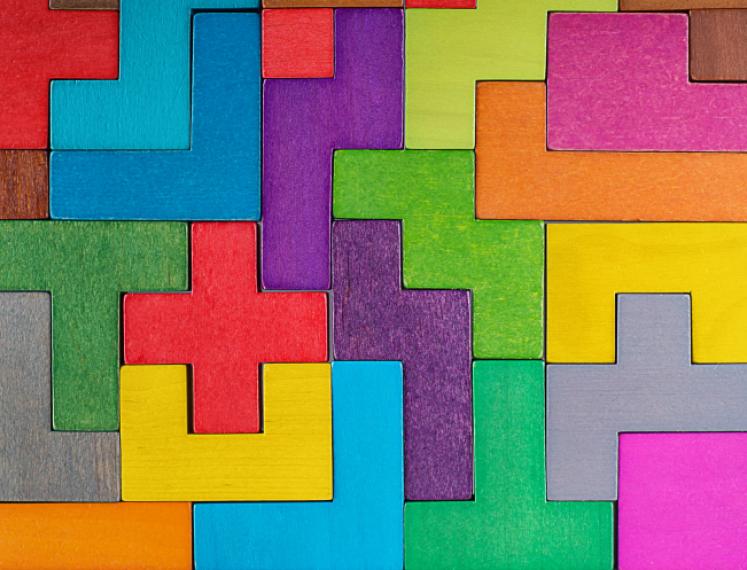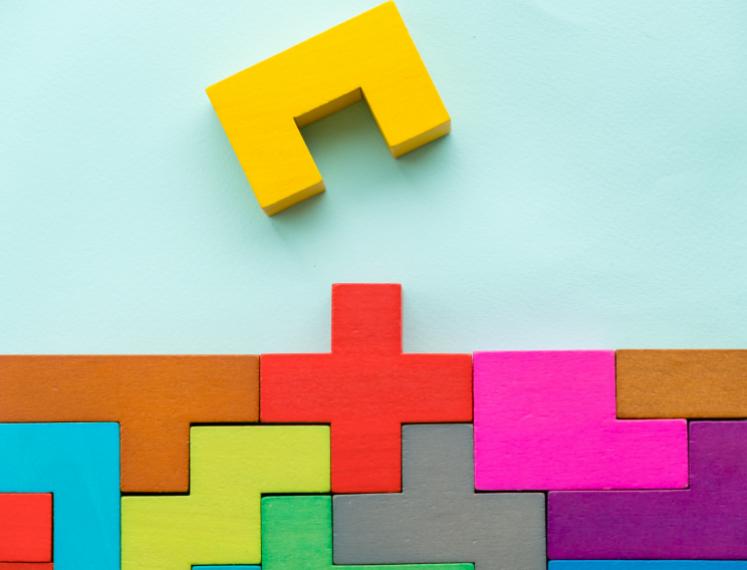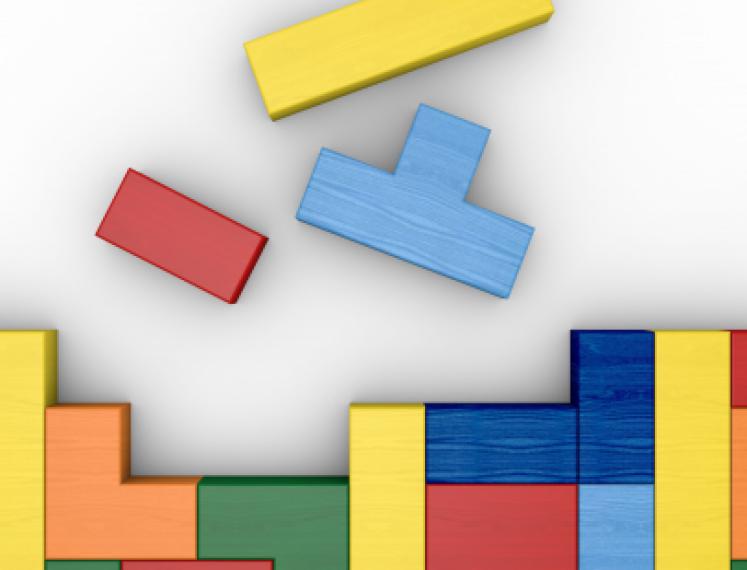
Homo Ludens
Games have existed for a long time in human history and during the pandemic games are more popular than ever. However, what defines a game? And why do we play? Stefan Schevelier tries to answer these questions in his lecture, part of the Let’s Play series, on 10 May 2021.
Games are not that easy to define. In his lecture, Schevelier starts off by quoting from Philosophical Investigations (1953) by philosopher Ludwig Wittgenstein: “Consider for example the procedures that we call games (…) what is common to them all?”. We might find similarities between certain games, but they do not share one common trait. For example, competition between players might be an element in a lot of ball games, but it is still possible to play with a ball on your own. In some games, you might rely mainly on skill while in others you only rely on luck. The type of skills you need vary a lot when you compare a game of tennis with a game of chess. Wittgenstein’s approach shows us that the concept of the game is very diverse, and its definition therefore a blurred one.
If we can’t define the game, can we clarify the element of play? Historian and cultural theorist Johan Huizinga tried to define play in his book Homo Ludens (1939): “Play is a voluntary activity or occupation executed within certain fixed limits of time and place, according to rules freely accepted but absolutely binding, having its aim in itself and accompanied by a feeling of joy and the consciousness that it is ‘different’ from “ordinary life”.”
Schevelier highlights the part where Huizinga’s definition states that play has an aim in itself. That means that it doesn’t serve any other goal. If we play a game as part of a team building exercise, it would not be considered as ‘play’ within this definition as it has an aim outside of itself: team building. This would also not be considered as a voluntary activity, because it is part of your job.
Many scientists often see ‘play’ as a functional tool: we play for educational purposes (we might think we play merely for fun, but we actually learn useful skills), for the physiological effects (in the production of hormones, like endorphin) or we use play as a social lubricant (after playing with each other, we make our ‘social engine’ run more smoothly). Huizinga rejects the instrumentalisation of play; we play for the fun experience.
Schevelier also discusses the notion of vita activa by Hannah Arendt in relation to play. In her book The Human Condition (1958), Arendt divides the vita activa into three concepts: labour, what we do to stay alive; work, what we do to improve life, and; action, what we do in freedom without necessity or need. The latter, although Arendt talks about this concept in relation to political activity, resembles Huizinga’s definition of play: activity free from functionality.
It turns out we are playing more games during the pandemic. Why is that? According to Schevelier, this makes sense if you look at the things we are missing out on: festivals, night life, dorm parties, road trips; all of these have a ludic character. A festival can be defined as play if we look at Huizinga’s definition: it’s voluntary, it has fixed limits in time and place, it has rules that are freely accepted but binding, it has an aim in itself, it brings joy and we have an experience that differs greatly from ordinary life. Schevelier suggests that we might have been playing games as a substitute for these playful experiences.
Want to see the complete lecture and learn more about Huizinga’s ideas on play? You can watch the full lecture here.


